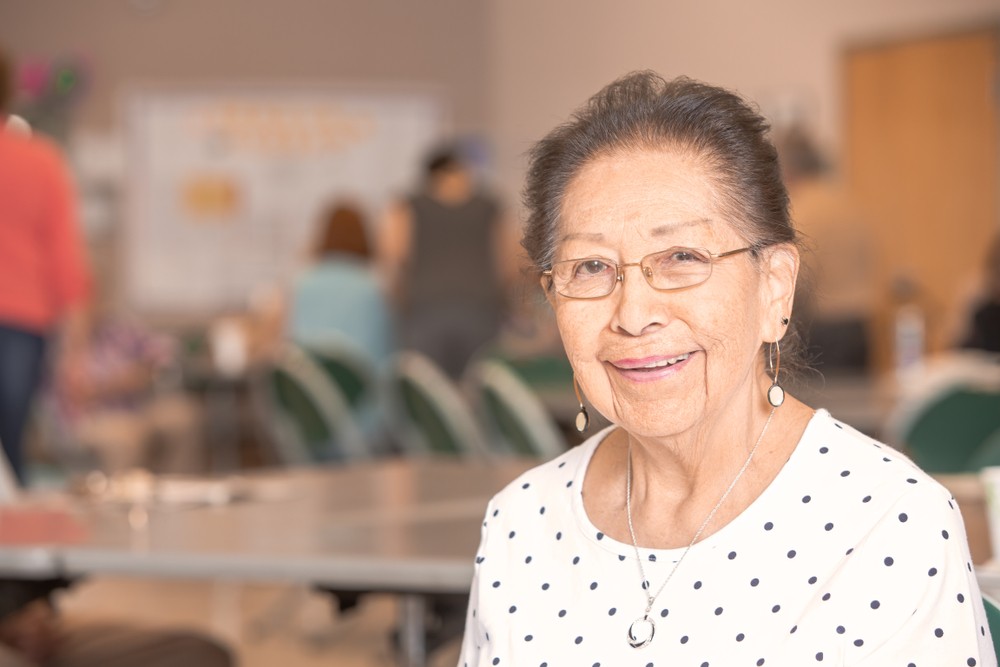Differentiating Between Memory Care Communities and Nursing Homes for Dementia Patients

When a loved one is struggling with memory loss, you may feel a tumult of emotions — grief, anxiety, and even frustration are common as you consider how best to support your family member. You may have looked for answers online only to be disappointed by the results. The good news is that the support your loved one needs is available, and often simply tweaking your search phrases can help you find it.
Many people who are looking for support for a loved one with Alzheimer’s or other forms of dementia search for nursing homes for dementia patients. But often what they’re really looking for is a community that specializes in dementia care. The latter could be either a stand-alone memory care community or a dedicated memory care neighborhood within a community that offers other levels of living and care.
Understanding the difference between a nursing home and a memory care community can help you determine which type of support would best serve your loved one. Then you can refine your search terms and find the help your loved one needs.
A Confusion of Terms
In common parlance, “nursing home” is used as a blanket term for communities that cater to the needs of seniors. But times — and terminology — have changed. Here are some definitions to clear the confusion:
- Senior living communities — often mistakenly referred to as nursing homes — serve adults aged 55 and older, providing housing, amenities, services and different levels of care. Senior living may include independent living, assisted living, skilled nursing, rehabilitation services and/or memory care.
- Nursing homes provide long-term care to people with ongoing medical conditions that require more care than is typically possible at home, but aren’t acute enough to necessitate a hospital stay.
- Memory care communities offer specialized care devoted to residents with Alzheimer’s disease and other forms of dementia. Specially trained staff, simplified floor plans, and focused programming are designed to support and engage people with memory loss.
Basic Similarities
In both nursing homes and memory care communities, residents receive a high level of care that may be difficult for aging seniors who live alone to provide for themselves. In both nursing homes and memory care communities, meals and snacks are provided, as is assistance with daily activities such as dressing, grooming and managing medications. Organized activities and social events ensure that residents can engage in purposeful activities and make social connections.
A Difference in Focus
The primary difference between a nursing home and a memory care community — and the reason you may be frustrated if you’ve been searching for nursing homes for dementia patients is in the specialized care each offers. In a nursing home, residents have a variety of medical needs and meeting those needs is the top priority. Someone struggling with memory loss may receive excellent care in a nursing home, but the support they receive will typically be focused on their medical condition rather than memory support.
In a memory care community, the primary focus is on supporting residents with Alzheimer’s disease and other forms of dementia. Everything — the training of staff, security features, the schedule, the layout, the types of planned activities — are meant to provide a safe, comforting environment and compassionate support so people with memory loss can enjoy a satisfying and full life. And you can breathe a sigh of relief, knowing your loved one is receiving compassionate, person-centered care.
Senior Living in Dallas
At Autumn Leaves, our passion is making sure seniors in the Dallas area get the support they need to live with dignity, joy and as much independence as possible. Located near scenic White Rock Lake, we offer independent living and higher levels of care, including on-site assisted living, rehabilitation and skilled nursing services. If you’re searching for the right care for a loved one, contact us. Although we don’t provide memory care on our campus, we can help you find the support your loved one needs.




